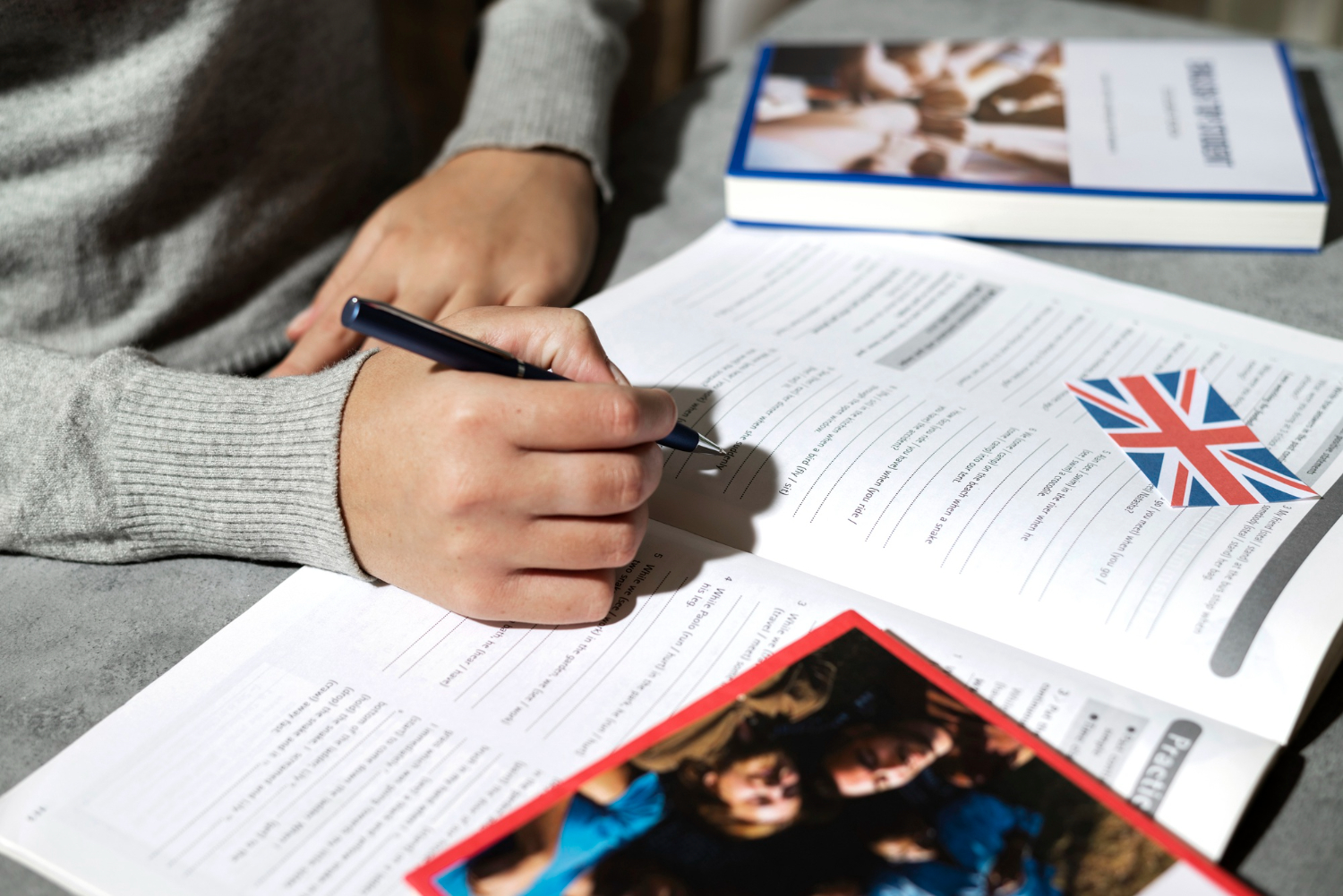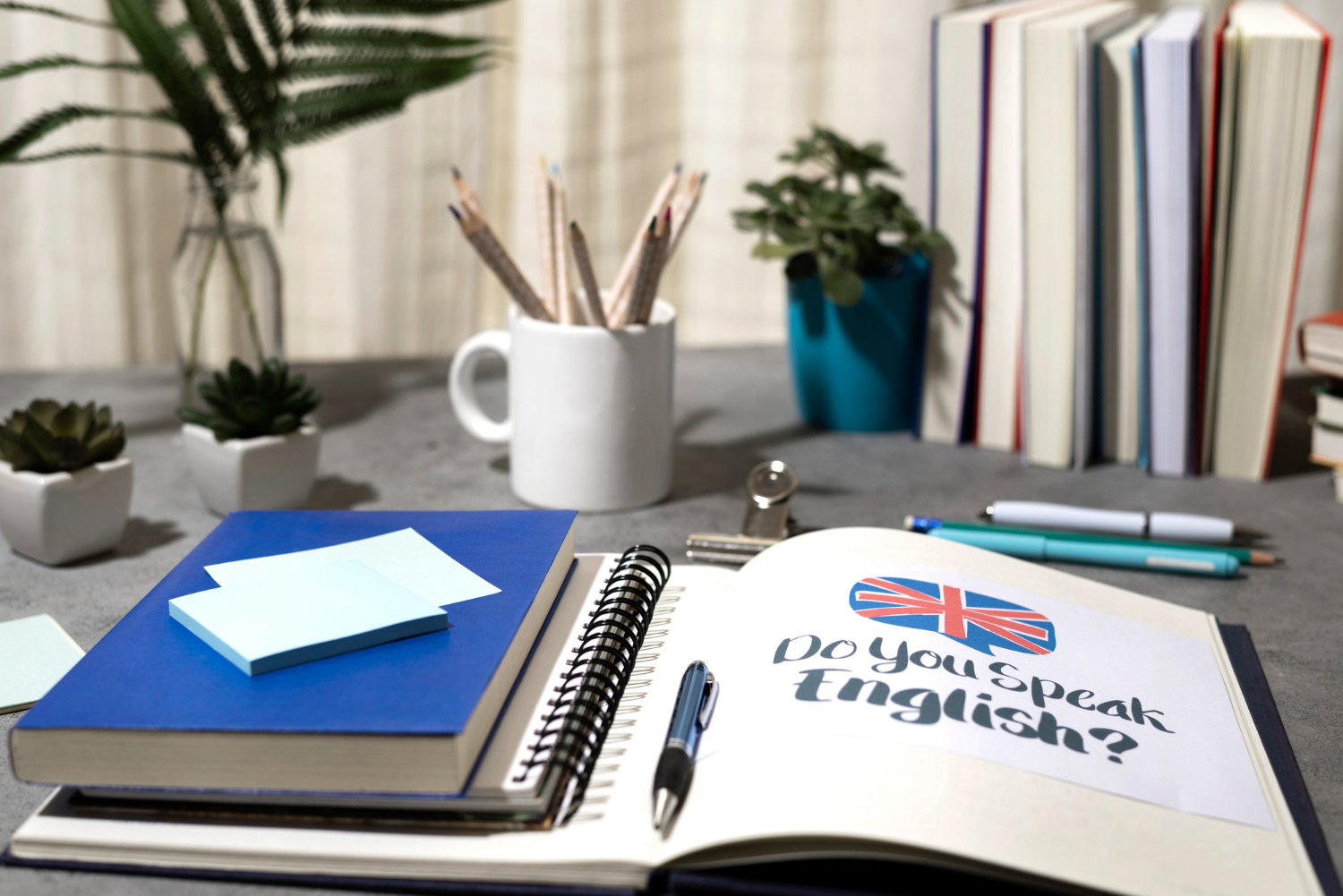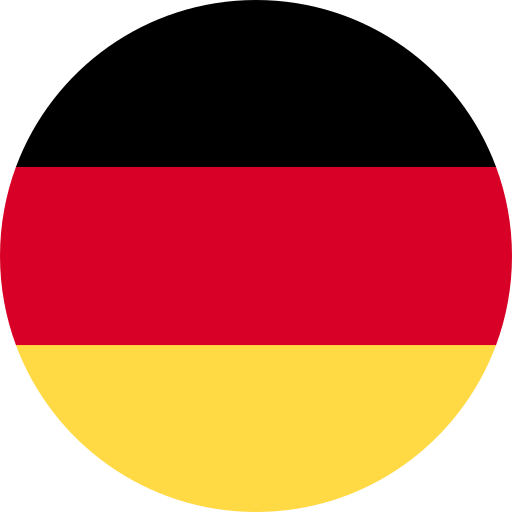Use of articles in English
Oleksandra Kulish
Book expert
Did you know that approximately 7% of all words in English are the article ‘the’? In terms of frequency of use, this definite article ranks first. The indefinite article ‘a’ is also among the leaders, ranking sixth.
Articles are an important and extensive part of the English language. However, it is not easy for Ukrainian speakers to intuitively understand where and how to use them, because there are simply no articles in our languages. Therefore, confusion about their use is quite natural.
To help you overcome these difficulties, we have prepared this article. Here you will find the basic rules, exceptions, and examples of the use of articles in English — all presented in an understandable form.

What are articles, and why are they used in English?
An article is a special function word that comes before a noun and indicates what object or concept is being referred to. There are three types of articles in English, and each has its own function:
The indefinite article (a/an) is used when referring to something indefinite, general, or mentioned for the first time.
I bought a book yesterday.
The definite article (the) indicates a specific object that is already known or has been mentioned before.
I returned the book to the library.
The zero article is used when talking about something in a general sense, abstractly, or when the context shows that an article is not needed.
Books are a great way to learn.
Although there are no articles in Ukrainian, in English they are mandatory. Articles help to convey meaning more accurately, make sentences grammatically correct, and can even change the meaning of words.
Definite article: rules of use
A definite article is an article that refers to a specific, already known, or unique object. It is used when the speaker and listener understand what is being referred to.
I saw the rainbow yesterday.
The stars are bright tonight.
In the general rules, we looked at the main cases of using the. Now let's look at the details:
- Objects that are unique.
The is used with objects that are one of a kind: the sun, the environment, the internet.
The sun rises in the east.
It’s important that everyone can access the internet. - Unique objects with an adjective in the superlative degree.
The tallest building.
The fastest runner.
The most beautiful painting.
They visited the tallest building in the city.
She is the most talented singer in the school. - Uniqueness through the words only, same, first.
The same book.
The only child.
The first day.
He was the first student to arrive.
I met her for the first time at the party. - Groups of objects or types.
Construction: the + noun in the singular.
The tiger is a dangerous animal.
I play the violin.
I consider the smartphone the most useful invention. - Groups of people through adjectives.
The young — young people
The poor — low-income people
The homeless — homeless people
The young enjoy social media. — Young people actively use social networks.
The construction is also used with nationalities:
The Spanish love football.
The Japanese are very polite. - Family members as a group.
The Browns — the Brown family - Names with the article the
Buildings: the Empire State Building, the Louvre.
Newspapers: The New York Times, The Guardian.
Sporting events: the Olympic Games.
Historical periods and events: the Industrial Revolution, the Cold War.
Famous ships and trains: the Titanic.
Organisations: the United Nations, the Red Cross.
Names with ‘of’: the Tower of London, the University of Oxford. - Geographical names.
Countries beginning with ‘states’, ‘kingdom’, ‘republic’, ‘federation’, ‘emirates’: the United States, the United Kingdom, the United Arab Emirates.
Rivers, seas, canals, deserts, islands, mountains: the Nile, the Caribbean Sea, the Sahara, the Himalayas - Culture and media.
Theatre, cinema, radio — when talking about leisure activities
I often go to the theatre on weekends. — I often go to the theatre on weekends.
I heard an interesting story on the radio yesterday. — Yesterday I heard an interesting programme on the radio.
Indefinite article: basic cases
The indefinite article is used when we talk about an object, person or phenomenon for the first time, without specifying which object we are referring to. It shows that the object is one of many, previously unknown to the interlocutor.
I saw a balloon floating in the park. — I saw a balloon floating in the park.
She bought a backpack in the shop. — She bought a backpack in the shop.
The choice of ‘a’ or ‘an’ depends on the sound with which the following word begins:
- a — before a word beginning with a consonant sound:
a dog /ə dɒg/ — a dog;
a book /ə bʊk/ — a book;
a sandwich /ə ˈsænwɪdʒ/ — sandwich. - an — before a word beginning with a vowel sound:
an apple /ən ˈæpl/ — apple;
an hour /ən ˈaʊər/ — hour;
an idea /ən aɪˈdɪə/ — idea.
Special cases:
- house /haʊs/ — first sound is a consonant → a house;
- hour /ˈaʊər/ — first sound is a vowel → an hour;
- university /ˌjuːnɪˈvɜːrsəti/ — first sound is a consonant → a university;
- umbrella /ʌmˈbrelə/ — first sound is a vowel → an umbrella.
More special cases of using a/an:
- Classification of objects or people — when we indicate which group or type something belongs to:
He is a teacher.
Pepsi is a carbonated soft drink. - Indicating singularity in expressions of time, distance, weight, quantity:
Apples cost 3 dollars a kilogram.
I drive at 60 kilometres an hour.
I need a dozen eggs.
Zero article: when the article is not used
A zero article is the absence of an article before a noun. It is used in fixed expressions, before uncountable nouns and plural nouns when referring to something in general, in a general sense.
Education shapes society.
Elephants are intelligent animals.
The article is not used:
- Before uncountable nouns that refer to food, substances, liquids, gases or abstract concepts:
I don’t drink coffee. - Before plural nouns when referring to them in general terms:
Cats are curious creatures. - Before people's first and last names:
Anna likes painting. - Before titles or forms of address with a name:
President Lincoln gave an important speech. - Before the names of continents, countries, cities, streets, squares, bridges, parks, individual mountains, islands, lakes:
She travelled to Canada. - Before the names of pubs, restaurants, shops, banks and hotels where the name or surname is included in the name:
I haven’t eaten at Starbucks for a long time. - Before the names of sports, games, days of the week, months, meals, and the word TV:
We play tennis on Saturdays.
I watch TV in the evening. - Before the words church, college, court, hospital, prison, school, university, when we talk about them as general institutions. If we are talking about a specific building, we use the or a/an:
Tom is at school. — Tom is at school (as a student).
His father is at the school for a meeting. — His father is at the school for a meeting (a specific building). - In fixed expressions: go to bed, be in bed; go to work, be at work; go home, come home.
My sister goes to work while I stay at home. - When describing a means of transport with by: by bus, by car, by plane.
I usually go to school by bike.
If you think that everything will be clear in English without articles, you are right. You will be understood, but for native speakers it will sound about the same as Ukrainian spoken by a foreigner without cases and genders sounds to us.

Common mistakes made by Ukrainians when using articles
Due to the peculiarities of our native language, we Ukrainians often make the same mistakes when using articles. Among them:
- We simply forget to put it where it is needed.
Mistake: I bought book yesterday.
Correct: I bought a book yesterday. - Using the before common nouns.
You don't need to use the when referring to something general.
Mistake: The cats are cute animals.
Correct: Cats are cute animals. - Incorrect choice of a or an.
The choice depends on the sound, not the letter.
Mistake: I saw a apple.
Correct: I saw an apple. - Use of a/an before uncountable nouns.
Uncountable nouns do not require a/an.
Mistake: I need a water.
Correct: I need water. - Omission of the article before unique objects.
The unique requires the.
Mistake: Sun rises in the east.
Correct: The sun rises in the east. - Use of the article before names of cities, continents and individual islands.
These names usually do not require an article.
Mistake: I went to the Paris last summer.
Correct: I went to Paris last summer. - Use of the before sports, meals, days of the week, and months. No article is needed.
Mistake: I play the football on Sunday.
Correct: I play football on Sunday. - Incorrect use of articles with names of organisations and institutions. If the name contains a proper noun, the article is often not needed.
Mistake: I work at the Google.
Correct: I work at Google.
So, that's probably all the basic information about the use of articles in English ‘a’, ‘an’, ‘the’ — a small but extremely important part of speech. Now you even know how articles help us connect a specific linguistic fact to the context. Although some linguists consider articles to be unnecessary ballast in modern language, this functional part of speech has existed since the 16th century and will obviously continue to be used for a very long time.






